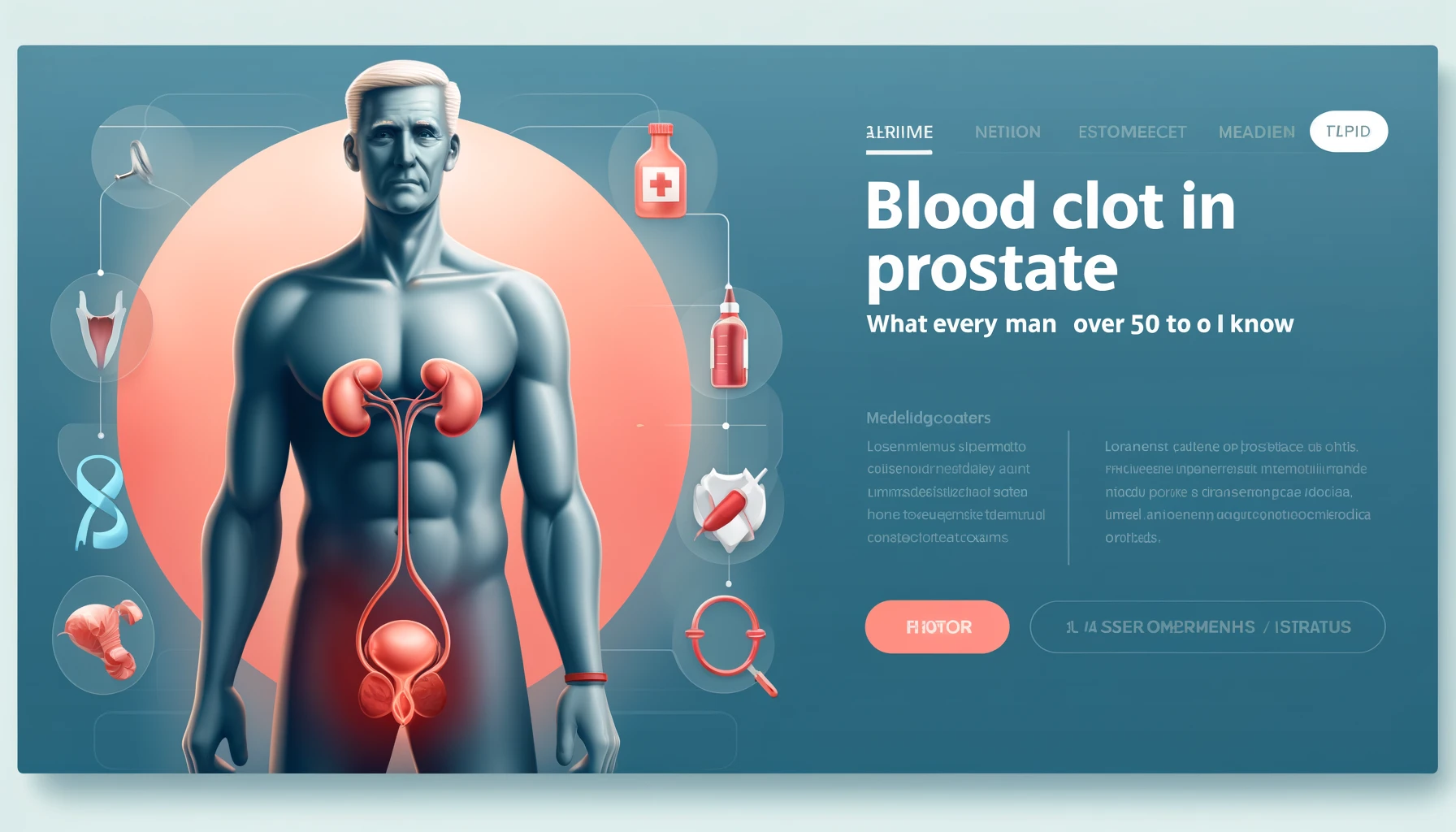Understanding Prostate Cancer Risk Factors: A Comprehensive Guide
Prostate cancer is a common type of cancer affecting men worldwide. Understanding the risk factors associated with this disease can help individuals be more aware of their likelihood of developing it and take preventive measures.
This article will discuss various risk factors for prostate cancer, including age, family history, race, obesity, occupation, height, and genetics.
Contents
Prostate Cancer Risk Factors
- Age
- Family History
- Race
- Obesity
- Occupation
- Height
- Genetics
Prostate Cancer Risk Factors in Depth
Age and Prostate Cancer Risk
Age is the most common risk factor for prostate cancer. According to the CDC, about 13 out of every 100 American men will develop prostate cancer during their lifetime, with the risk increasing significantly with age [3]. Approximately 60% of prostate cancer cases are diagnosed in men over 65 [5].
Family History and Prostate Cancer Risk
A positive family history of prostate cancer can more than double a man’s risk of developing the disease [2]. If you have a father or a brother with prostate cancer, your risk increases significantly.
Race and Prostate Cancer Risk
Race also plays a role in prostate cancer risk. African American men are more likely to develop prostate cancer and have a higher mortality rate than men of other races [5].
Obesity and Prostate Cancer Risk
Obesity has been linked to a higher risk of developing aggressive (faster-growing) prostate cancer, although it does not seem to increase the overall risk of the disease [1]. The reasons for this association are not entirely clear.
Occupation and Prostate Cancer Risk
Certain occupations may expose men to chemicals that increase the risk of developing prostate cancer [2]. More research is needed to fully understand the relationship between occupational exposure and prostate cancer risk.
Height and Prostate Cancer Risk
Taller men may have an increased risk of developing prostate cancer due to factors such as genetics and growth rate during childhood [9].
Genetics and Prostate Cancer Risk
Genetics can affect an individual’s risk of developing prostate cancer. Men with a family history of the disease may have inherited specific genetic mutations that increase their risk [2]. Research is ongoing to identify the particular genes involved in prostate cancer risk.
Reducing the Risk of Prostate Cancer
While some risk factors, such as age, race, and genetics, cannot be changed, there are lifestyle choices that can help reduce the risk of prostate cancer. Maintaining a healthy weight, exercising regularly, and consuming a balanced diet rich in fruits and vegetables may contribute to overall health and lower the risk of developing prostate cancer.
Conclusion– Prostate Cancer Risk Factors
Understanding the various risk factors for prostate cancer is essential for men to assess their risk and make informed decisions about prevention and screening. While certain factors, such as age, race, and family history, cannot be modified, lifestyle changes can play a role in reducing the risk of prostate cancer. Stay informed and speak with your healthcare provider about your risk and any appropriate screening measures.
FAQs – Prostate Cancer Risk Factors
What is the most common risk factor for prostate cancer?
Age is the most common risk factor, with the likelihood of developing prostate cancer increasing significantly as men age.
Does obesity increase the risk of prostate cancer?
Obesity has been linked to a higher risk of aggressive (faster-growing) prostate cancer, but it does not appear to improve the overall risk of the disease.
Are certain occupations more likely to increase the risk of prostate cancer?
Some works may expose men to chemicals that increase the risk of developing prostate cancer, although more research is needed to understand this relationship fully.
How can I reduce my risk of developing prostate cancer?
While some risk factors cannot be changed, maintaining a healthy weight, exercising regularly, and consuming a balanced diet of fruits and vegetables may help reduce the risk.
Do genetics play a role in prostate cancer risk?
Genetics can play a role, especially if there is a family history of prostate cancer. Research is ongoing to identify the specific genes involved in prostate cancer risk.
Reference
1.https://www.cancer.org/cancer/prostate-cancer/causes-risks-prevention/risk-factors.html
3.https://www.cdc.gov/cancer/prostate/basic_info/risk_factors.htm
4.https://prostatecanceruk.org/prostate-information/are-you-at-risk
5.https://www.pcf.org/patient-resources/family-cancer-risk/prostate-cancer-risk-factors/
6.https://healthlibrary.inova.org/conditions/pregnancy/34,16285-1
7.https://www.nature.com/articles/s41598-023-32987-6
8.https://healthinfo.uclahealth.org/library/news/focusonhealth/34,16285-1
9.https://cancer.ca/en/cancer-information/cancer-types/prostate/risks
10.https://www.coursera.org/lecture/prostate-cancer/biology-incidence-risk-factors-screening-w1cIN












